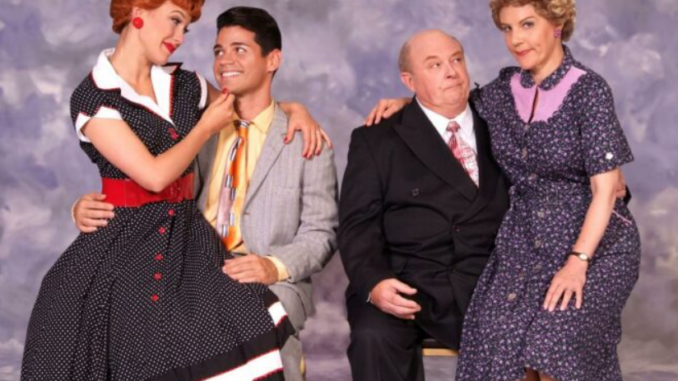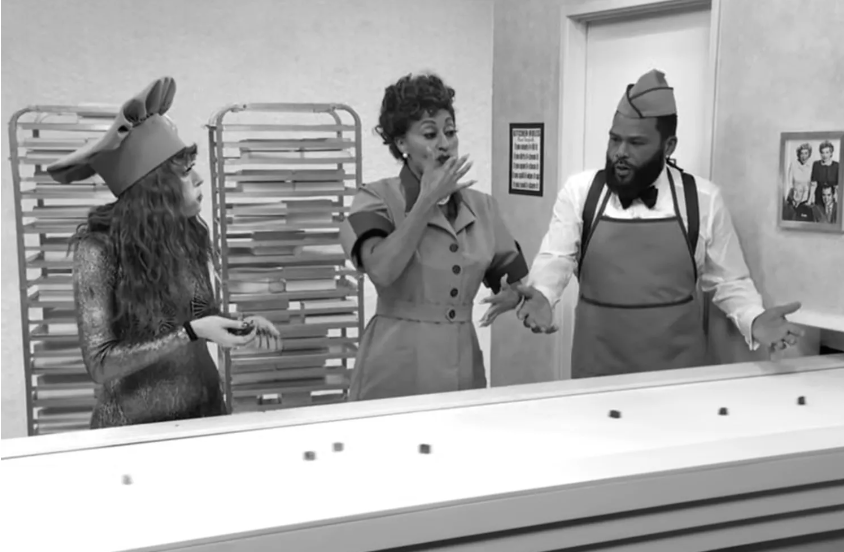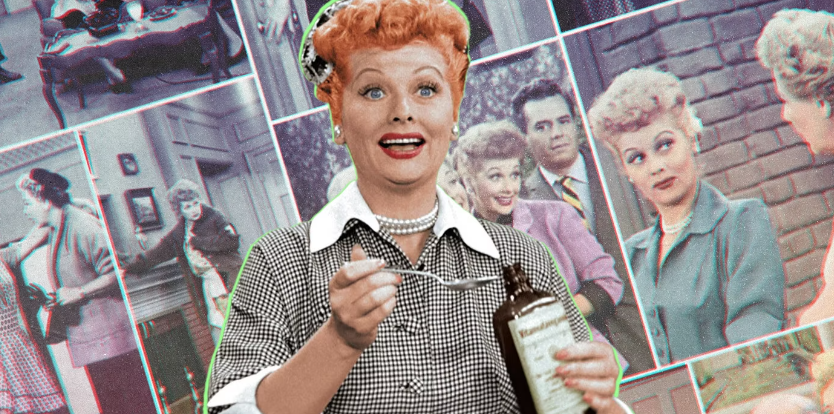
“I Love Lucy,” the beloved ’50s sitcom, remains a cornerstone of American television, cherished by generations for its humor and timeless charm. This was delightfully evident during the 75th annual Primetime Emmy Awards, where Natasha Lyonne and Tracee Ellis Ross paid homage to one of the show’s most iconic scenes, the chocolate conveyor belt melee. This reenactment not only evoked nostalgia but also highlighted the enduring legacy of Lucille Ball and her groundbreaking work in television comedy.
Contents
The Original Chocolate Line Scene
The original scene, from the first episode of the second season of “I Love Lucy,” features Lucille Ball as Lucy Ricardo and Vivian Vance as her best friend, Ethel Mertz. In this episode, Lucy and Ethel take jobs at a candy factory and are tasked with wrapping chocolates on a fast-moving conveyor belt. As the belt speeds up, the duo’s attempts to keep up become increasingly frantic and hilarious, culminating in them stuffing chocolates into their mouths, hats, and blouses in a desperate bid to hide their inability to keep pace. This scene is widely regarded as one of the funniest moments in television history, showcasing Ball’s impeccable timing and physical comedy skills.
A Modern Reenactment

During the Emmys, Natasha Lyonne and Tracee Ellis Ross brought this classic scene to life once more. Ross took on the role of Lucy, while Lyonne stepped into the shoes of Ethel. As the conveyor belt began moving, the actresses perfectly captured the chaos and humor of the original scene. Their performance, complete with shooing away host Anthony Anderson who tried to assist, had the audience in stitches. “Let us have our moment!” Ross quipped, channeling Lucy’s determined spirit. The reenactment culminated in Lyonne and Ross announcing the nominees for Outstanding Comedy Series with mouths full of chocolate, adding a contemporary twist to the beloved scene.
The Enduring Legacy of “I Love Lucy”
“I Love Lucy” aired from 1951 to 1957, starring Lucille Ball, Desi Arnaz, Vivian Vance, and William Frawley. The show’s impact on television is profound, having set the standard for sitcoms with its innovative use of multi-camera setups, live audiences, and high production values. The series earned 20 Emmy nominations and won four awards, including Best Actress for Ball in 1956 and Best Supporting Actress for Vance in 1954. The show was inducted into the Television Academy Hall of Fame in 1991, cementing its place in television history.
Lucille Ball: A Trailblazer in Comedy

Lucille Ball’s influence extends far beyond her role as Lucy Ricardo. She was a pioneering woman in entertainment, breaking barriers in a male-dominated industry. Ball was the first woman to run a major television studio, Desilu Productions, which produced iconic shows like “Star Trek” and “The Untouchables.” Her business acumen and creative vision helped shape the landscape of American television.
The Cast of “I Love Lucy”
The chemistry between the cast members of “I Love Lucy” was a key factor in its success. Desi Arnaz, as Ricky Ricardo, brought a unique charm and musical talent to the show, while Vivian Vance and William Frawley, as the Mertzes, provided perfect comedic foils to the Ricardos. The dynamic between Lucy and Ethel, in particular, has been celebrated as one of the most iconic female friendships in television history.
Celebrating at the Emmys
The tribute at the Emmys was a reminder of the timeless appeal of “I Love Lucy.” Fans of the show appreciated seeing a modern take on a classic scene, demonstrating how humor transcends generations. The Emmy reenactment was not just a nod to the past but a celebration of the show’s lasting influence on contemporary comedy. Shows like “Abbott Elementary,” “Jury Duty,” “Barry,” “The Bear,” “The Marvelous Mrs. Maisel,” “Only Murders in the Building,” “Ted Lasso,” and “Wednesday” owe much to the trailblazing efforts of Lucille Ball and her team.
The Impact of “I Love Lucy” on Modern Comedy
The comedic techniques and narrative styles pioneered by “I Love Lucy” continue to resonate in today’s television landscape. The show’s emphasis on physical comedy, situational humor, and relatable characters has influenced countless sitcoms. The portrayal of Lucy as a determined, albeit often misguided, character striving for more in life has inspired many modern female protagonists in comedy.
Conclusion: A Legacy That Lives On
“I Love Lucy” remains a beloved classic, not just for its humor but for its groundbreaking contributions to television. The show’s influence can be seen in the countless tributes, reenactments, and homages it inspires, like the one at the 75th Primetime Emmy Awards. Lucille Ball’s legacy as a trailblazer in comedy and television continues to inspire new generations of performers and creators.

